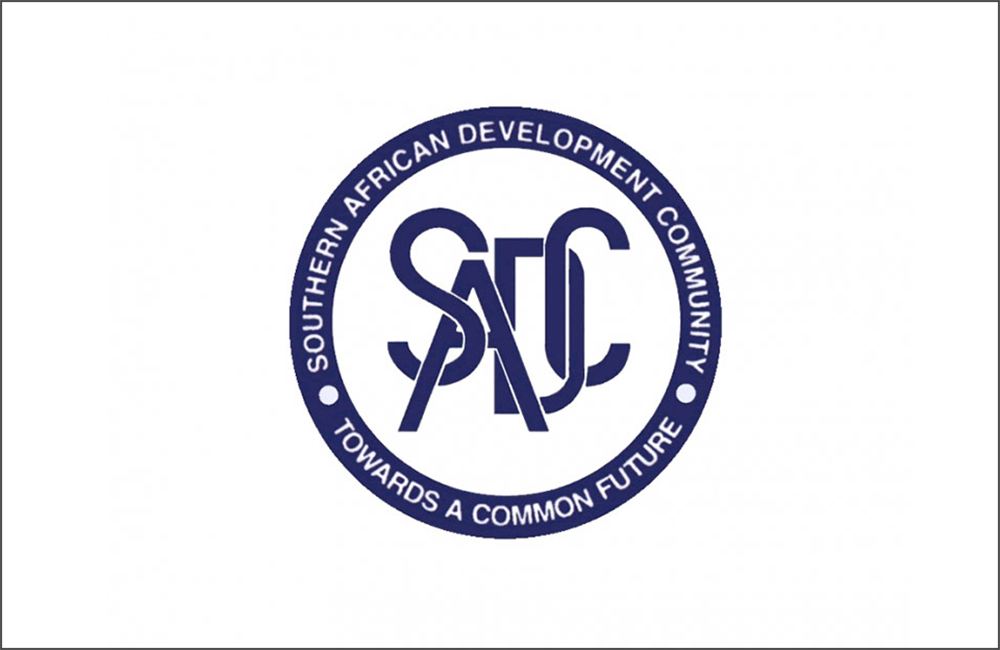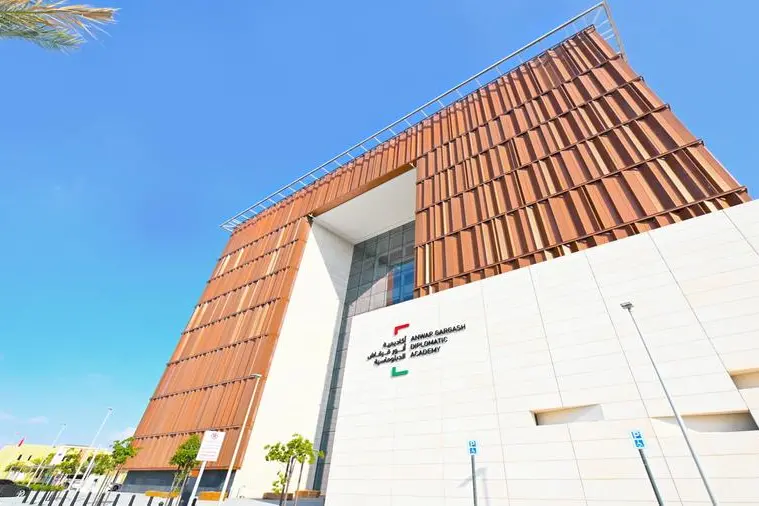The African Centre for the Constructive Resolution of Disputes (ACCORD) has a long standing working relationship with the SADC Regional Peacekeeping Training Centre (RPTC), with ACCORD providing support to the centre’s responsibilities in capacity building for the African Union Standby Force’s (ASF) civilian, military and police components. Annually, the centre’s primary objective is to provide courses to its SADC principal Member States but its secondary role is also to offer slots for non-SADC candidates to participate in the capacity building. ACCORD has supported the RPTC in providing civilian dimension type PSOs courses and further provides this support for the uniformed personnel when the RPTC runs these PSOs courses at the centre.
The nature of the challenges faced in African PSOs theatres has influenced the need for the development of an AU Foundation course that clearly outlines the likely challenges and problems the deployed personnel will face. Providing such training ensures that personnel are informed of realities that are based on real experiences documented by peacekeepers that have been deployed and completed a full term of their contracts and returned home at the end of their service. These documented experiences, best practices and lessons learned are being used to structure AU specific foundation training. By approaching training this way, institutions and centres improve their training approach to enable missions to realistically respond to the challenges encountered in the field. The negotiation and mediation skills embedded within AU specific Foundation courses are still being developed and the process is on-going but they provided a basis for discussion in the justification of the AU needing to digress from the UN concept to an appropriately focused African operational framework that is realistically informed by empirical knowledge.
The RPTC organised a two weeks Civilian Foundation course that brought together civilian participants from various ministries and government departments around the region. ACCORD was invited to give lectures on Negotiation and Mediation to these civilian participants to enable then develop an understanding of approaches to conflict dynamics and conflict resolution within PSOs theatres. The participants were exposed to a broad range of UN focused training approaches to PSOs but ACCORD put more emphasis on Africa specific experiences for comparative learning. ACCORD further explained that despite the many successes being registered in UN mandated peacekeeping operations within the African landscape, more dedicated training is still very vital for those being deployed in AU mandated PSOs because contemporary PSOs in Africa present significant challenges to deployed personnel. UN training is quite comprehensive but while the doctrine in use is still ideal for UN Peacekeeping operations, the peace enforcement operations that the AU mandates often require robust engagements that demand additional preparation, so as to avoid setbacks and tragedies during the deployments.
With conflict is part of society and communities, the participants realised the value of developing such skills. During the lecture it was quite evident that they will need to know the dynamics and consequences of conflict. The participants realised that in a conflict environment, it would be prudent for a peacekeeper to know how to respond and manage a conflict that may develop; as the outcome of that conflict could depend on the action they take or fail to take.
This totally civilian foundation course was being run for first timers to PSOs and their comprehension of PSOs was constantly undermined by their initial belief that PSOs were a purely military affair and that the training was therefore not relevant for them. The lectures on conflict dynamics, negotiation and mediation really helped to change their conceptual understanding of the role, functions and responsibilities of civilians in PSOs, to the point that at the time of conducting the review of the negotiation and mediation lectures, the participants were very vocal regarding the need for further time to be allocated for such lectures. They felt negotiation and mediation formed the core of difficult challenges that peacekeepers are likely to face and they emphasised the need for peacekeepers to be properly grounded in these skills.
The Training for Peace Programme at ACCORD is an initiative funded by the Norwegian Ministry of Foreign Affairs and it focuses on PSOD and partners’ skills enhancement for the ASF.








